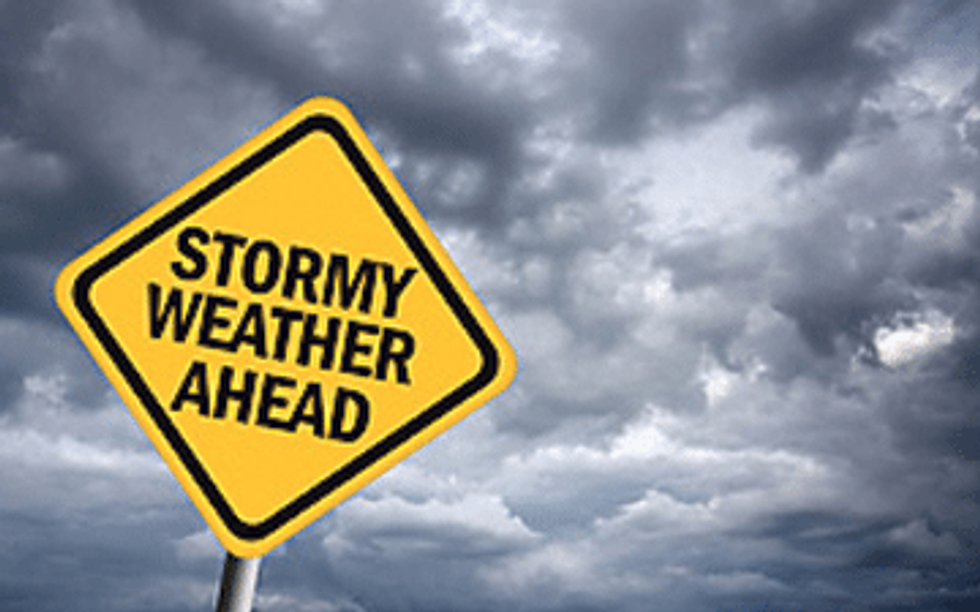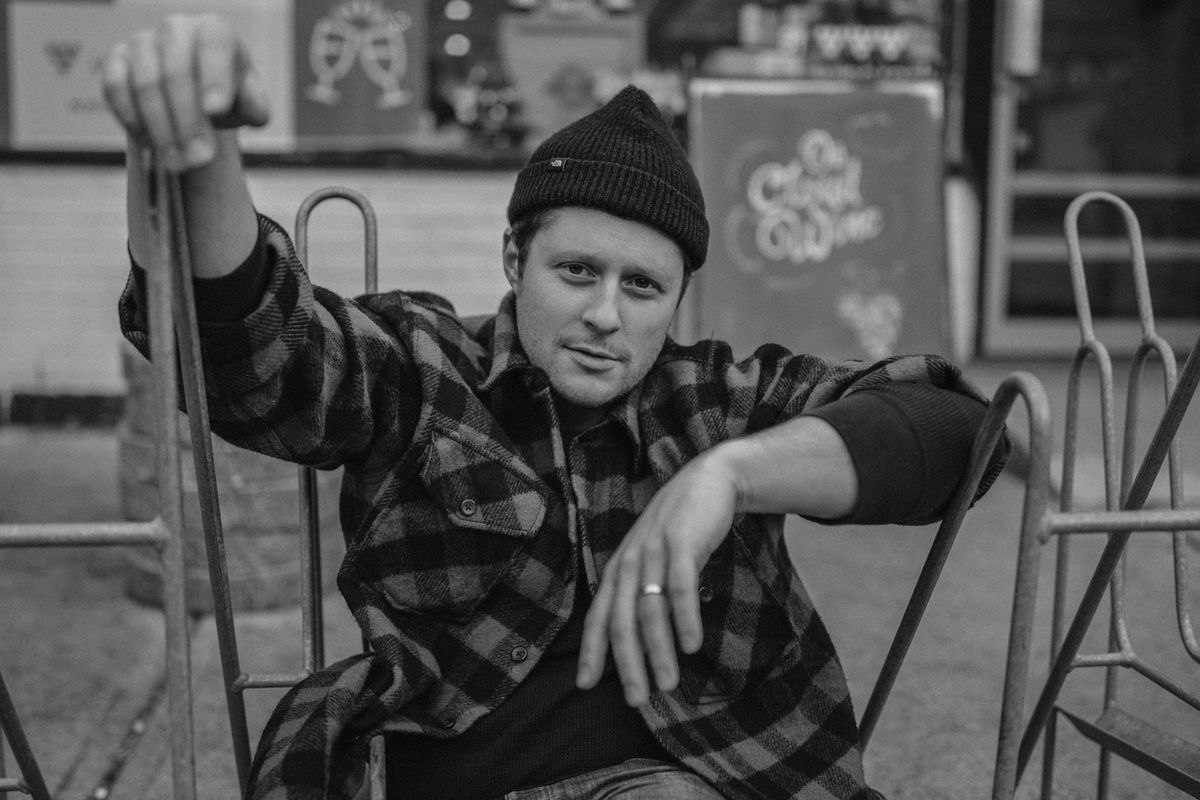Liability Insurance Tough Find For Live Music Industry
As if dealing with the pandemic isn’t enough, Canadian live music venues are encountering an unexpected adversary that’s threatening their survival: insurance companies.

By Nick Krewen
As if dealing with the pandemic isn’t enough, Canadian live music venues are encountering an unexpected adversary that’s threatening their survival: insurance companies.
A shortlist of Toronto venues - The Horseshoe Tavern and Lee’s Palace, The Garrison, The Baby G and The Dakota Tavern – are finding it difficult, if not impossible, to renew their liability insurance policies.
The situation has gotten so bad that Dakota owner Stephen Reid has gone on record on Facebook to forecast his venue’s demise if the situation doesn’t change in less than 30 days.
“The Dakota Tavern now faces a one-month countdown to permanent closure if the insurance issue cannot be resolved,” he posted on the Facebook page of his second venue, Castro’s Lounge.
And those lucky few who are landing liability insurance renewals – like The Cabaret in Winnipeg – are finding their premiums skyrocketing compared to what they paid in the previous 12 months.
“Our (insurance) company, because we’ve been long-term, agreed to keep it with us, but at double the cost,” reports Dave McKeigan, The Cabaret’s proprietor, whose venue premiums leapt from four-figures to five-figures when he renewed his policy in August.
“They’re saying the risks are too high and it’s not worth it. They’re not making money.”
However, assuming that the pandemic is the reason behind the refusal to renew or hike premiums may be misguided, suggests Benjamin Rossington, an account manager with the sports and entertainment practise of insurance brokerage firm HUB International.
While Rossington acknowledges that each venue and policy is unique, he points to a reduction of underwriters dealing with the hospitality and entertainment markets that began in late 2018 and has continued ever since.
“We were starting to see a reduced capacity for business, and that was in hospitality as a whole,” Rossington explains. “That included nightclubs, strip clubs, businesses that were involved in short-term events like an EDM concert, for example, or someone who was a promoter for various other live music acts like that.”
Rossington says that the number of underwriters willing to sell policies to live music venues has thinned from 10 companies in 2018 to under five today, and points to one factor for their disappearance: liquor liability,
"It’s high risk because of the liquor service aspect of the business,” Rossington explains. “There had been a significant increase in claims from liquor liability across the country but primarily in Ontario, which was quite high. The insurance companies were finding that they would have to pay a substantial amount of claims and damages in Ontario from liquor liability – slip and falls, fights, motor vehicle accidents, drunk driving, that kind of thing.“
Rossington says that often venues get dragged into injured party lawsuits even though they've done everything to ensure the safety of their patrons.
"Unfortunately, we are now turning into a very litigious society," notes Rossington. "I've seen some claims where some person was injured and sued the business of a live music venue or a festival organizer. It was a bad situation but the client had no control over that situation."
Rossington said in one example, a patron attended a concert, had a few beers, left the venue and got into a car accident.
"Because they went to the concert, the venue was named as part of the lawsuit. And because it was a catastrophic claim, the insurance company had to settle the claim. But the client themselves did everything right: They had security; they were SmartServed; they had all the protocols that you need – but they can’t control someone who leaves their concert."
Rossington also doesn't diminish the fact that Covid is certainly having an impact on the ability of venues to pay their premiums, especially since most businesses are closed and those that are open at a very limited capacity aren't generating the needed income to pay them.
"Also, my insurance companies exclude Covid-19 as a claimable incident. The majority of policies that I've seen have included communicable disease exclusions."
Whatever the reason for the renewal refusals and the price hikes, Toronto venue owner Shaun Bowring wishes that there would be more communication between insurers and venues. He points out that his livelihood is at stake, because not renewing insurance contravenes lease conditions, and he'd like answers so he can avoid that scenario.
"Most commercial leases have a clause that says you have to have insurance coverage," says Bowring. "So, it’s yet another way where landlords could kick people out, cleanly, easily.
“There are people who can’t make plans to reopen now because they don’t have insurance. So it’s a Catch-22 – one more log on the fire, basically..”
Bowring says he isn't asking for special treatment - he just wants to be ready to open should the government lift crowd restrictions.
“I just want what I’ve been paying for 11 years with zero claims, zero encounters with the police, no infractions, no leaky roof playing, nothing," says Bowring with a sigh. "And (insurers) didn’t pay out any business interruption insurance, so it’s kind of dire straits right now. It’s like that just across the board.”
Bowring says that if his venues can’t get coverage, "we can’t open."
“It’s more one log on the fire and there are plenty of logs," said Bowring. ".Each day it’s getting more difficult to navigate this as entrepreneurs. It’s a really difficult task.”
HUB's Benjamin Rossington shares his concern.
“For the brokerage business, this is a big concern for us. It’s not in our interest to have a client without insurance because brokers traditionally earn a commission. So if you don’t have any insurance in Canada, the brokerage doesn’t generate any income. This is not a good situation for brokers. People who are working in this industry are trying to find solutions with insurance partners, to find some type of carrier. It's on the broker to find a solution.”
As for reasons for non-renewal, Rossington says insurers look at a number of factors in determining their risk assessment, from business history to revenue generation to upkeep and maintenance. Even whether a venue includes seating can make a difference in terms of risk and premiums.
"A venue that is a seated venue poses a less significant risk to the insurer than an open, standing venue," notes Rossington. "People are less likely to injure themselves in a seat."
He lists a number of reasons why a venue insurance renewal might be rejected, including the number of submitted claims or financial hardship.
But for those who have kept up premiums and claims to either a minimum or never claimed them, he draws only one conclusion.
“The only reason that I could think of is that the insurance company that had been offering that business insurance over the past few years has ceased offering insurance to that industry class," he speculates.
“If you have an account that has paid its premiums and hasn’t had a claim, that makes that a profitable business for the insurance company."
The crux of the matter is that this looks to have the potential to become a Canada-wide problem, although insurance falls under the umbrella of provincial jurisdiction.
If the province is going to get involved in this crisis, the Ontario Ministry of Finance isn't tipping its hand. But they do say they're keeping tabs on the situation.
“We understand the challenges that businesses are experiencing due to the pandemic and we want to assure you that this government has been in regular contact with the insurance industry to raise issues concerning insurance availability and affordability during the pandemic, especially for small business owners,” said Scott Blodgett, Senior Media Relations Advisor, Ontario Ministry of Finance.
However, Erin Benjamin, president of the Canadian Live Music Association, which boasts a membership of over 200 venues across Canada, wants to get involved. She's eager to sit down with the insurance sector and figure out some solutions.
“We grow ever more anxious to collaborate with the insurance sector and government to find a solution that’s practical and doesn’t put us all out of business,” she states.
“It’s inconceivable to imagine that the absence of insurance that would be the ultimate death knell here. The fact that we’re innovating and pivoting and struggling to find ways to earn revenue and we’ve come up with some very creative solutions with some venues, but if we can’t even get insurance, it’s very frustrating.”
In the meantime, some club owners are taking the issue into their own hands: at least major Toronto club owner has admitted via e-mail that they're opening their establishment without proper liability coverage.
Benjamin says when it comes to the existence of live music in Canada, liability insurance is a necessity.
“We’d rather sort it out ourselves and we’re trying to find some resolutions that work for everybody. We recognize that the insurance industry has its own challenges and we would like to come to the table to discuss them to see what kind of solutions we could find together.
“Otherwise, pandemic or no pandemic, there’s no live music industry without insurance. It’s ironic and sad that this could be what ultimately brings the live music industry down at this point.”















